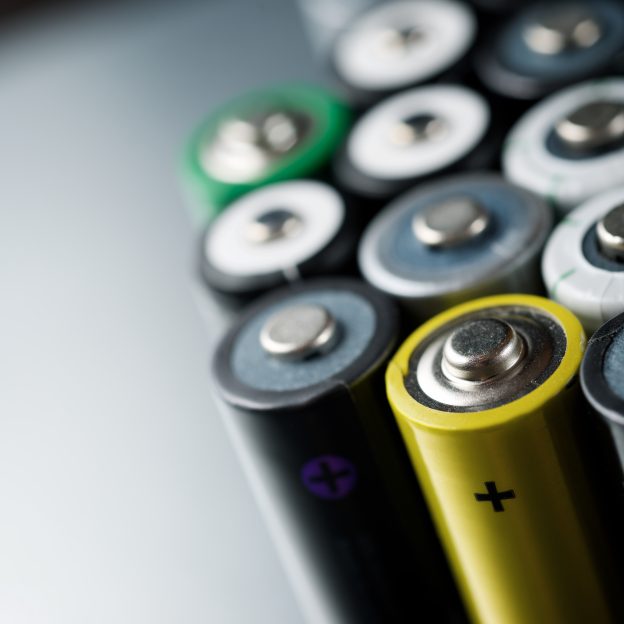
Germany decided to advance the termination of nuclear power from 2036 to 2022 after the Fukushima Daiichi nuclear disaster in 2011, and has paid a substantial compensation for the implementation. The government agreed on the 5th to be paying EU€2.9 billion to compensate Swedish power company Vattenfall, as well as Germany power and natural gas suppliers RWE, EnBW, and Eon, who are forced to shut down their nuclear power plants in advance.
Nuclear power is different from natural gas and coal-fired power generation as it does not emit any carbon dioxide and also possesses a relatively lower cost of power generation, though the safety and the storage of nuclear fuel rods, as well as the exorbitant external cost, often transform the development of nuclear power into a more complicated social issue, which is why Taiwan has laid down the 2025 nuclear-free target that transports the nuclear fuel rods from the Lungmen Nuclear Power Plant, whereas Germany has long drafted the nuclear-free planning.
In fact, Germany had long decided to gradually abolish nuclear energy, though the process has been a bumpy road. The country started to draft on the gradual elimination of nuclear power plants since early 2000s, and decided to extend the usage of nuclear power plants until 2036 during the autumn of 2010, before subverting the initially agreed nuclear policy and ordering the shutdown of 8 old nuclear power plants amidst the extensive anti-nuclear protest after the Fukushima incident in 2011. The country is also set on closing down another 9 nuclear power plants prior to the end of 2022. Incorporating operation cost and decommissioning procedures, energy companies are expected to sustain a loss of EU€19 billion from a preliminary estimation.
The statement from the German government pointed out that this particular decision has finally resolved the prolonged legal dispute between the Federal Constitutional Court and the International Centre for Settlement of Investment Disputes (ICSID), and the German government will be paying Vattenfall and RWE with EU€1.43 billion and EU€880 million respectively as a compensation on electricity bills, as well as EnBW and E.ON with EU€80 million and EU€42.5 million respectively as a compensation on investment losses.
As part of the agreement, Vattenfall and RWE will also revoke all pending prosecutions and forfeit the legal claim to objections. Vattenfall commented that the company is happy and welcomes this particular agreement, as it is about to conclude the elongated and exorbitant dispute. RWE also pointed out that the essential intelligible principle established is going to enhance the confidence of investment in the energy of Germany.
These power companies had won the court ruling in 2016 and 2020, for which the court claimed that energy companies should receive the corresponding compensation and have the right to request for compensation.
Germany had approximately 20.5GW of nuclear power in the past, which provided roughly 25% of electricity for the entire country, and the figure has now dropped to 8GW, with the ratio also reduced to 12.6% that is expected to be cut in half during 2021. Looking back at the nuclear development of Germany, the country established the first commercial nuclear power plant in 1969, followed by a prosperous development between 1970 and 1989, though the history of anti-nuclear movement has also been around for quite some time, which was mostly surrounded on the disposal of nuclear waste. The clamor of the anti-nuclear movement surged after the Chernobyl disaster and the Fukushima Daiichi nuclear disaster, and the social confrontation that lasted consecutive decades may finally come to an end.
(Cover photo source: pixabay)







